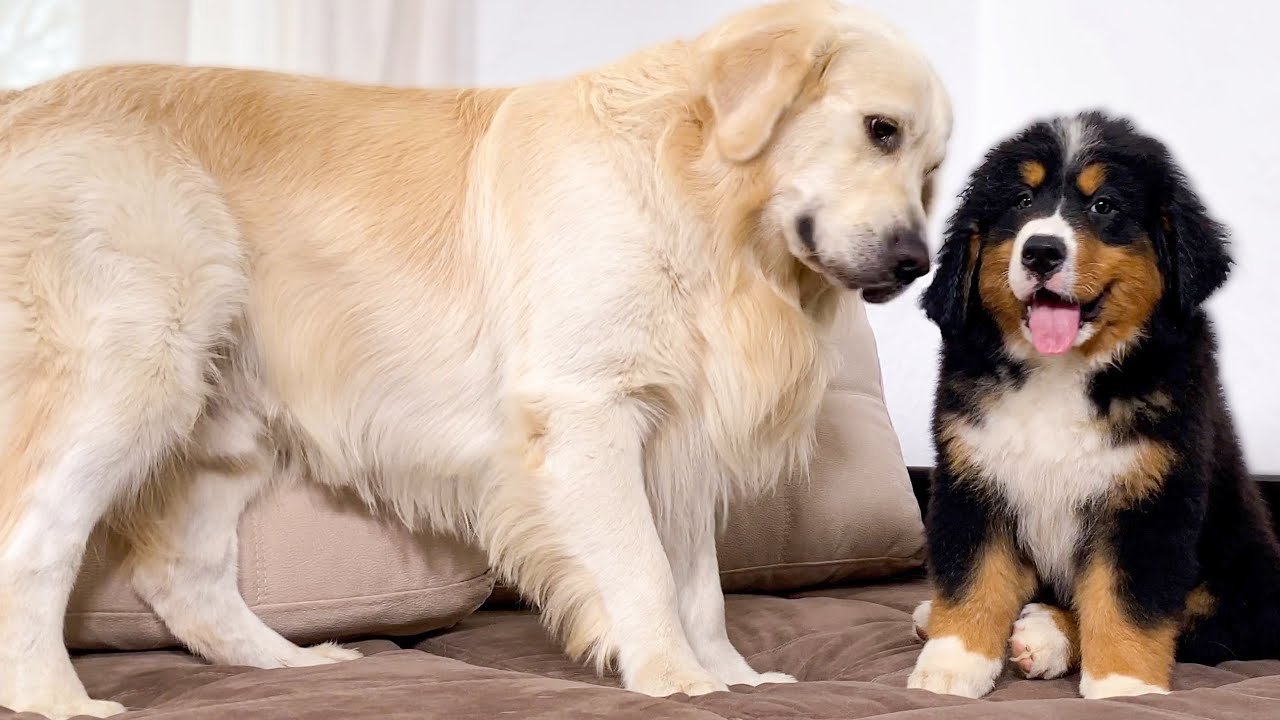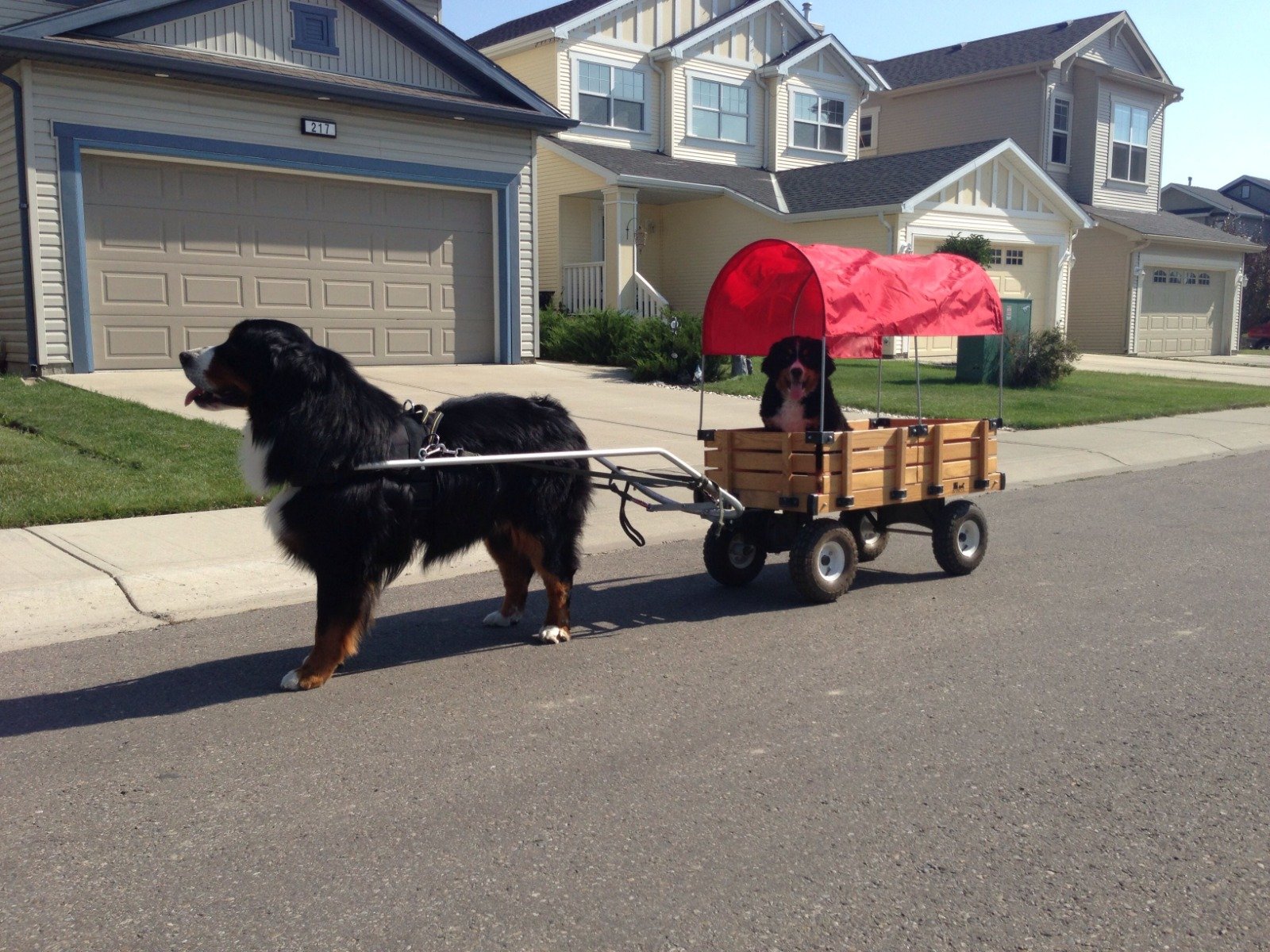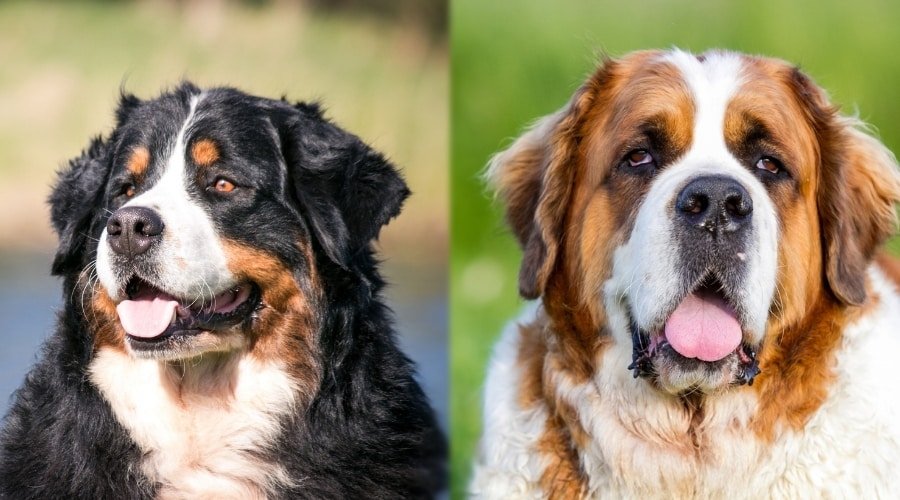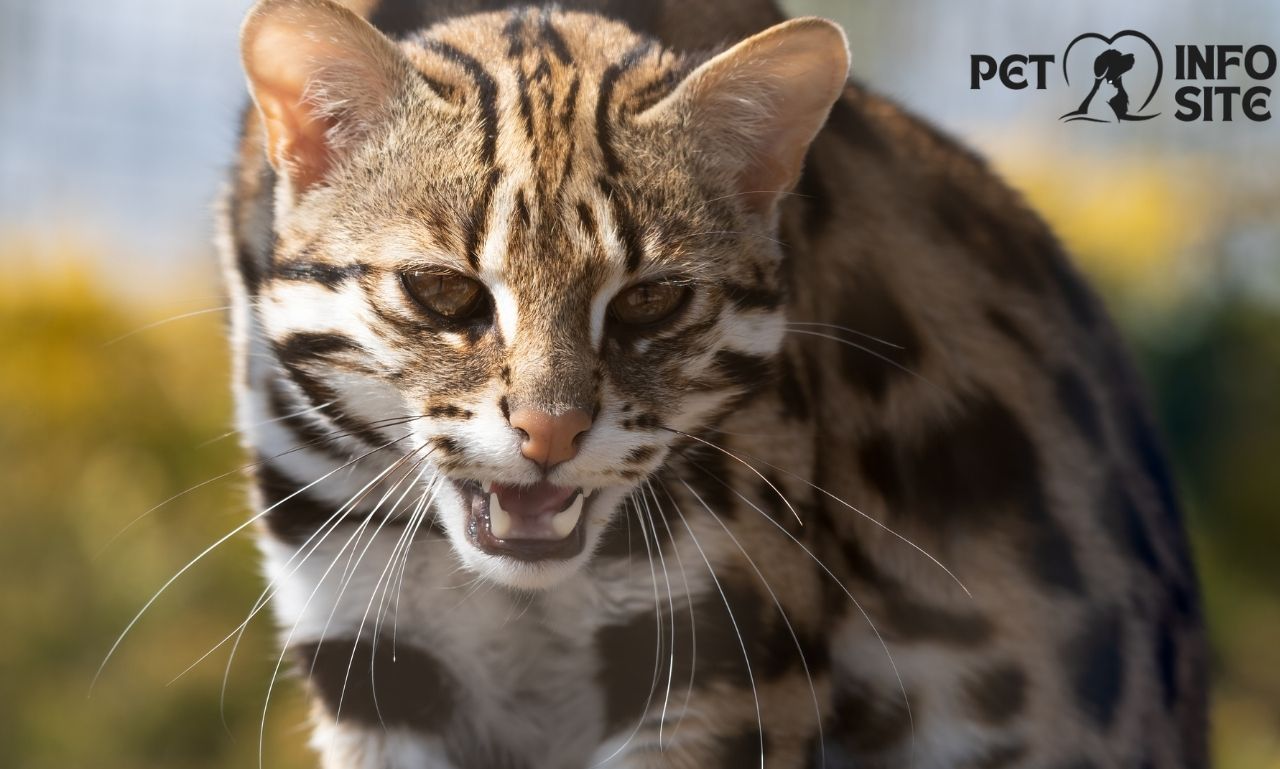The Bernese Mountain Dog Puppy New Dog Owners (Owning a Bernese Mountain Dog)
Are you seriously considering purchasing a Bernese Mountain Dog Puppy and obtaining a new dog from the owner? Find out more regarding the benefits and difficulties of having these gentle giant retailers, as well as how to give your new pet the best care possible.
The three-color coats of black, white, and rusty instantly identify the gentle giant of the Swiss Alps, the Bernese Mountain Dog Berners. Therefore these big dogs, which average between 70 and 115 pounds, have a character for being loving and gentle family members because of their peaceful temperament. Due to their intelligence and ease of training are a great fit for family members well with children.
We’ll cover all you need to know in this article to confirm your happy and healthy puppy, including training, grooming, and general health and happiness. This breed has a long history of being employed as a helpful working dog, mostly for farm security, pulling carts, and moving cattle. Known for Bernese Mountain Dog coat care, Bernese Mountain Dogs are a large and solid breed with a friendly and kind temperament.
Choosing Your Bernese Mountain Dog Puppies Dog Breed
Characteristics and Temperament
Purchasing a puppy from a valid breeder is essential when choosing a Bernese Mountain Dog. Look out for breeders who put their dogs’ health and welfare first. Although they Get references, check over their facilities, and make sure they follow moral breeding guidelines sweet and affectionate.
Size and Appearance
Male Bernese Mountain Dogs normally weigh between 90 and 120 pounds, while females typically weigh between 70 and 100 pounds. These dogs are huge affectionate nature and powerful. Their unusual coat is tricolored, with rust, white, and black marks mixed. Their kind demeanor and expressive eyes enhance their allure.
Temperament Traits
Bernese Mountain Dogs make wonderful family pets because of their calm and kind nature. They get along well gentle with children and other animals and are friendly and devoted. This breed tends to form strong bonds with its popular family dog shed members and is known for being protective without displaying aggression.
Bernese Mountain Dogs are known for their peace and moderate personality. Spend time with the litter and observe the puppies’ behavior. Choose a puppy that is social, curious, and displays a good temperament.
Living Needs of Bernese Mountain Dogs
Bernese Mountain Dogs live in winter conditions and are best suited for colder climates because of their thick coats. Derse, a dog specialist, claims that Bernese Mountain Dogs have a fondness for snowy environments. Therefore they can be spotted comfortably lying in the snow even during blizzards, unwilling to go inside.
As Bernese Mountain Dog breed information love to travel, having a secure yard could be beneficial for their best health. Regular walks are important; the Dog Club of America provides at least thirty minutes a day of hard walking or jogging. This breed reflects their ability to respond by moving children in carts, proving to be a great companion for outdoor activities like exploring and outings. Dog sports are also excellent at tracking, agility, and herding, among other things.
Common Health Considerations of Bernese Mountain Dog Breed
Genetic Health Issues
Despite their general good health, Bernese Mountain Dogs are susceptible to specific hereditary disorders. Hip dysplasia is a hereditary disorder that is most common and can cause joint issues. Genetic testing, proper breeding methods, and routine veterinarian examinations can all help reduce the likelihood of these problems. Make sure the breeder gives you health clearances and performs extensive health checks on the puppy’s parents.
Joint and Bone Health
Bernese Mountain Dogs are easy to have joint and bone problems because of their size. Serve a nutritious, well-balanced diet full of elements that promote bone health. Frequent, mild activity develops their muscles and aids in weight maintenance, which lessens the load on their joints.
Training Techniques for Bernese Mountain Dogs Breeder
Basic Commands
Teach basic commands like sit, stay, and come at an early age. Because of their intelligence and desire to please, dogs may generally be simple to train using positive reinforcement methods.
Positive Reinforcement
Training techniques that use positive reinforcement are well-received by Bernese Mountain Dogs. To reward positive conduct, give toys, praise, and sweets. This breed makes training sessions enjoyable for both the owner and the puppy because of its excitement to please.
Training and Socialization
To make sure that your puppy grows into a polite and friendly adult, introduce them to a variety of situations, people, and other animals. In this context, puppy socialization lessons can be helpful.
Obedience Training
The bond you have with your Bernese Mountain Dog Club can be greatly enhanced by putting them in obedience classes. These seminars offer systematic instruction, imparting fundamental commands and encouraging appropriate conduct dogs are easy to train animal planet.
Setting Up Your Home of Bernese Mountain Dogs Puppy
Safe Space
Create a warm and secure environment for your new Bernese Mountain Dog puppy. Make sure your house is puppy-proof by putting away any possible risks, attaching electrical wires, and having a comfortable bed.
Essential Supplies
Collect the required appliances, such as a good bed for a dog, bowls for food and water, a collar and leash, toys, grooming materials, and premium puppy food that your veterinarian has advised.
Find a Bernese Mountain Dog Puppy Grooming and Healthcare Rescue
Coat Care
Bernese Mountain Dogs have a thick, double coat that requires regular brush-ups to avoid loose hair. Brush your puppy’s coat at least three times a week to prevent matting and cut shedding. It provides an opportunity to check for any skin issues and keep the dog’s coat healthy and popular dog.
Dental Health of Bernese Mountain Dogs Puppy
Introduce your puppy to tooth brushing and start a dental care routine daily. Dental chews and toys can also contribute to good oral hygiene.
Bathing and Ear Cleaning of Bernese Mountain Dogs Puppy
Bathe your Bernese Mountain Dog as needed, typically every two to three months or when they get dirty. Regularly clean their ears to prevent infections, especially if your puppy enjoys outdoor activities.
Veterinary Care of Bernese Mountain Dogs Puppy
Make time for routine veterinary examinations to keep an eye on your puppy’s wellness. Maintain current immunization records, minimize fleas and ticks, and talk to a veterinarian about neutering or altering.
Exercise and Play of Bernese Mountain Dogs Puppy
Daily Exercise Routine of Bernese Mountain Dogs Puppy
Due to their working background, Bernese Mountain Dogs have sensible to high exercise needs. Therefore they try to get in between thirty and sixty minutes a day of exercise. Walks, playtime, and cooperative games that challenge both bodies and minds can all fall under this category of large dog breed.
Mental Stimulation of Bernese Mountain Dogs Puppy
Keep your puppy mentally interested with puzzle toys, collaborating games, and respectful training. Mental prompts are very important as physical exercise for a happy and sensible balanced beautiful Bernese Mountain Dog.
Nutrition and Diet of Bernese Mountain Dogs Puppy
Balanced Diet of Bernese Mountain Dogs Puppy
Ensure a sensible and healthful nutrition for the young Bernese Mountain Dog. Consult the veterinarian to find out how much food is appropriate for the dog and to choose a high-quality dish that meets their specific dietary requirements. The diet you chose for your Bernese Mountain Dog will determine its condition as a whole.
Avoid Overfeeding of Bernese Mountain Dogs Puppy
Because being overweight in Bernese Mountain Dogs can result in many medical problems, it is best to refrain from feeding too much of them. Make a feeding schedule and avoid unnecessary treats. Establish a regular feeding schedule and apply section control to avoid overfeeding. Consult your veterinarian for information on the best meal plan based on the size, weight, and level of exercise of your puppy.
Getting a Bernese Mountain Dog puppy:
Deciding to work with a breeder or adopt a puppy Bernese Mountain Dog may be an important choice that requires careful reflection. Luckily, there are plenty of resources available to help you find a rescue or breeder that ethically maintains well-mannered Bernese Mountain Dog puppies.
Being a responsible pet owner means that you must be responsive to the responsibilities that follow bringing a Berner puppy into your home. Whether you choose to adopt from a trusted breeder or go the adoption route, get ready for a happy, energetic new family member.
History of Bernese Mountain Dog Puppy
The First Bernese Mountain Dog, which originated in Bern, Switzerland, has a long history of being used on farms for jobs including tending cattle, pushing carts, and watching over fields and farms tucked away in the valleys and mountains. The Greater Swiss Mountain Dog has upheld a reputation for strength, intelligence, and companionship throughout history and into the present.
Therefore need for dogs to have these abilities fell as farming practices changed, leading to a decrease in the number of Bernese Mountain Dogs. Still, passionate lovers of the animals took action, starting an effective movement to recover and increase their population. Remarkably, famous European purebred dog expert Professor Albert Heim saw the potential in the Bernese mountain dog. He founded a breeding agency in 1907 to promote this kind and alert large breed, and as a result and then they became more common on farms and in homes it’s no wonder.
Conclusion
The black, white, and rusty fur of the elegant giant of the Swiss Alps, the Bernese Mountain Dog, makes it easy to identify. Therefore these huge dogs, weighing between 70 and 115 pounds on the median, are known to be nice and gentle among relatives .
Bernese Mountain Dogs make great companions for homes with small children as a result of their keen intellect and straightforward training.
As long as you have the necessary skills and dedication, parenting a young Bernese Mountain Dog may be a fulfilling experience. Select a respectable breeder, offer a secure and caring environment, prioritize socialization and training, and ensure appropriate grooming and medical attention. You will have the company of a devoted and affectionate downy buddy for many more years to come if you put in the time and effort to ensure the health and happiness of your pet Bernese Mountain Dog.
Remember, each Bernese Mountain Dog is unique, so modify these guidelines to suit your puppy’s special needs. As a result Enjoy the journey of raising your Dog, and value the special moments as they grow into superb and devoted adult dogs.
FAQs:
From which region did Bernese Mountain Dogs come?
The breed of Bernese Mountain Dogs was created in Bern, Switzerland, and then they were hired on farms for a variety of jobs like field maintenance, collecting carts.
Do Bernese Mountain Dogs get compatible with kids?
Yes, families with young children observe Bernese Mountain Dogs to be wonderful pets due to their gentle and loving personality.
How much exercise is required for Bernese Mountain Dogs?
The energy levels of Bernese Mountain Dogs range from normal to high. They earn by participating in walks, games, and other interesting pursuits for at least thirty to an hour every day.
Are Bernese Mountain dogs able to stay alive in warmer atmospheres?
As a result of their substantial outerwear, Bernese Mountain Dogs are more suitable for areas with a cooler climate. It’s important to give kids access to cool places in warmer climates and to prevent them from pushing themselves all over the summer.
Are Bernese Mountain Dogs warm toward other animals?
Friendly and lively, Bernese Mountain Dogs are popular for their temperament. Therefore they can get easily along with other family pets if they receive the right grooming.







